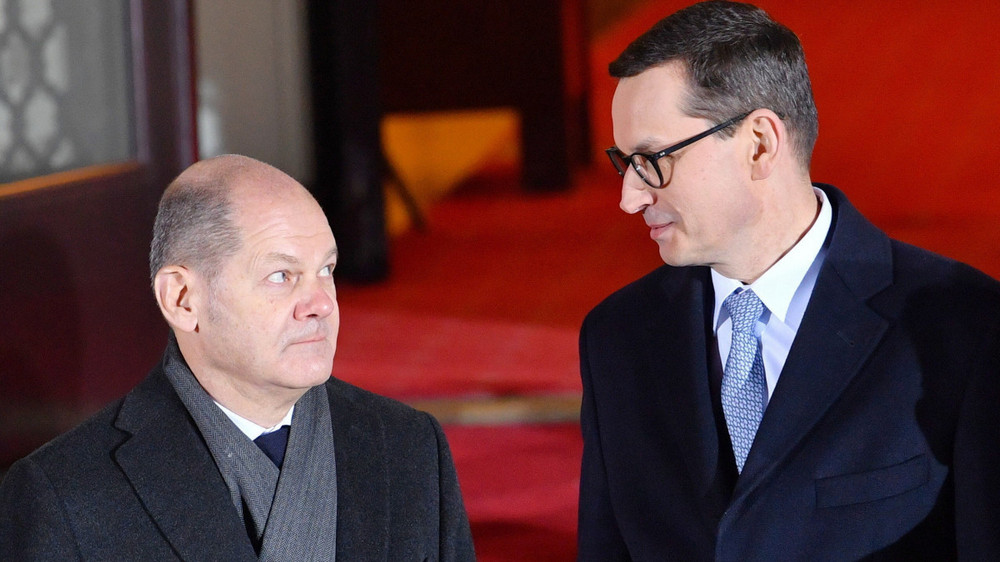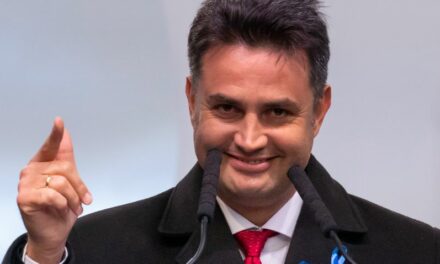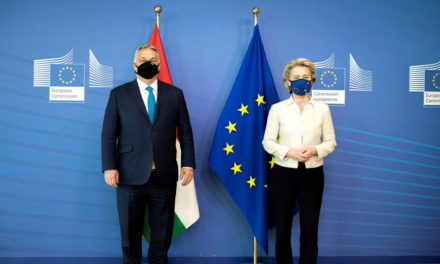Although Poland and Germany are neighbors, their alliance is strange, to say the least. The German government announced on Tuesday that it will not consider another reparations demand from Warsaw for more than $1.3 trillion in damages caused by the Nazis during World War II. In response, Poland will take the case to the UN, writes Williem Nattrass at UnHerden.
Germany insists that Poland renounced all claims to reparations in a 1953 agreement, while Warsaw says the decision came under pressure from the Soviet Union.
Demanding reparations is very fashionable in the West these days. From demands for reparations for slavery and imperialism, to the need for developed economies to pay "climate reparations" to the poor countries of the world;
in short, it has become fashionable to suggest that in order to equalize inequalities, the sins of distant ancestors must be blamed on those living today.
When the Polish request was launched by the ruling Law and Justice party in September, the wording bore a striking resemblance to demands for reparations for slavery. The Polish government suggested that Poland was never able to achieve "normalcy" after the war and that the effects of the Nazi occupation "continue to this day".
However, Warsaw's demands for reparations do not sit well because, unlike countries that profited from the slave trade, Germany did not get rich from oppressing the Poles, even if it destroyed their economy.
The Polish argument has the same problem as other claims for reparations: it is overly simplistic because it singles out a distant link in the chain of historical cause and effect as the cause of all current problems. When it comes to the specific injustice of Poland's lack of war reparations, for example, one can say that the historical responsibility lies not with Germany but with the Soviet Union, which pressured Poland to drop its demands while the direct victims were still alive.
However, the Polish government appears to be motivated less by success than by the political expediency of stoking anti-German sentiment before the autumn elections. Warsaw has long been suspicious of Berlin because of its pre-war ties to Russia, and that mistrust has now turned to dislike. The head of Law and Justice, Jarosław Kaczyński, even warned of "the plan of German-Russian domination over Europe".
And since Germany is the economic engine of the European Union, anti-German sentiment is grist to the mill of Eurosceptics in Central Europe. At recent anti-Western rallies in the Czech Republic, held in the tens of thousands, the antipathy towards the western neighbor was conspicuous - the speakers described the EU as a new tool for the old German aspiration to dominate Europe.
All of this points to the problems that the German-led joint European project raises.
Poland's demand for reparations indicates how fragile are the alliances that hold together states that still haven't forgotten the hostile times.
Featured image: Polish Prime Minister Mateusz Morawiecki and German Chancellor Olaf Scholz. MTI/EPA-PAP/Radek Pietruszka












